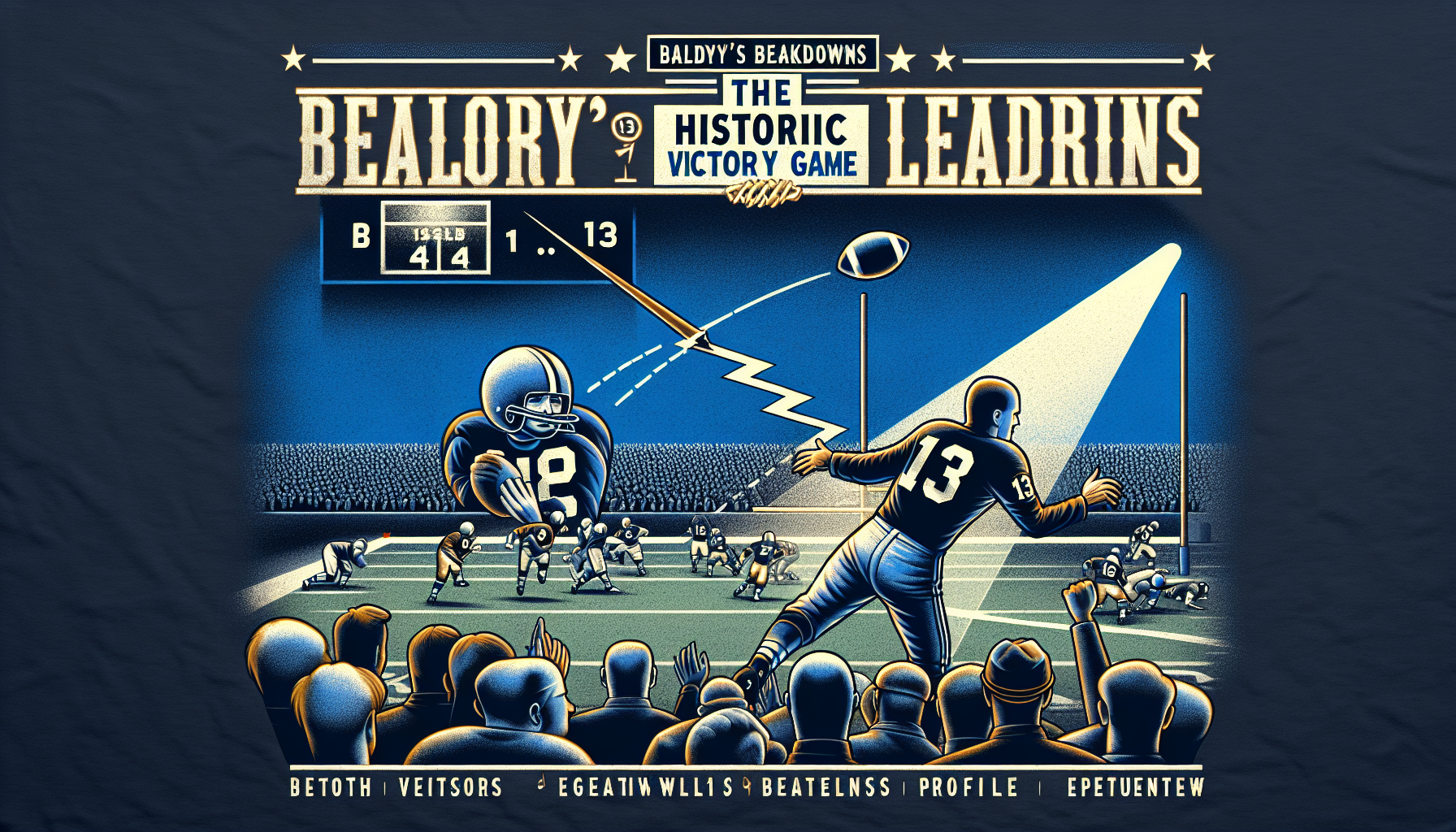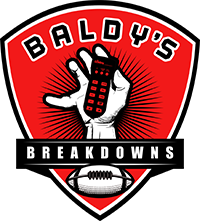
Beyond the Playbook: Bobby Wagner’s Leadership Lessons for Law Enforcement
In high-pressure situations, where the difference between success or failure balances on a knife-edge, the nature of leadership is truly revealed. Just like Bobby Wagner on the football field—his influence transcending mere strategy to become an embodiment of bravery, precision, and reliability—law enforcement officers daily brandish these virtues in environments where decisiveness and calm are imperative.
For veteran officers, watching Wagner control the field in intense playoff games is like an echo of their own experiences. Every snap of the ball can be compared to answering a call that could change a shift’s routine into a nexus of complexities. The ability to read through chaos, discern key elements at play, and manage resources effectively, parallels the synthesizing of instincts and training seen in experienced lawmen and women.
In the NFL, success is not a product of athleticism alone; it’s as much about the mental tenacity and the willingness to out-think the opponent, much as in policing where quick thinking—not purely physical strength—saves the day. Wagner’s ability to assess the offense’s plan in real-time and adjust his strategies accordingly is reminiscent of officers walking into unpredictable domestic incidents, where every second counts.
Experience as a Critical Asset
For most law enforcement professionals, each day on the job is a learning experience, but those lessons find their roots in collegiate or academy training, much as a top NFL player learns from years on the field, absorbing playbooks and understanding the nuances of each position. Bobby Wagner, with years of on-field experience, showcases the kind of well-anchored leadership that is mirrored in wise mentors within law enforcement ranks.
While raw talent can thrust an individual into the spotlight, it’s the blend of past experiences and accumulated wisdom that enables the right call to be made in critical moments. Wagner does not merely react; he directs. His peers know they can rely on him to interpret unfolding scenarios quickly, much as recruits look toward their senior officers when navigating the unexplored territories of complex cases.
Strategic Thinking and Adaptability
Another cornerstone of Wagner’s leadership—similar to effective policing—is strategic thinking coupled with flexibility. In both domains, scenarios shift unpredictably. And just as a linebacker cannot afford to be reactive, law enforcement professionals must constantly assess and adapt their strategies amid ongoing fluidity and variance. Bobby Wagner’s awareness in both predetermined plays and those spur-of-the-moment audibles are why defenses he leads often find themselves ahead of the offense.
This blend of proactive thinking and adaptability is mirrored in detective work: starting with a hypothesis and being willing to shift it with new evidence. Just as Wagner can read opposing quarterbacks’ eyes, skilled officers can read a suspect’s body language, often predicting moves before they unfold.
Command, Control, and Influence
Wagner’s leadership shines in his comprehensive control and influence over teammates’ morale and mental energy. He invigorates those around him, becoming a beacon for collective zeal and composed aggression throughout games. This aligns with the cohesive teamwork and command required during operations in law enforcement where multiple parties coordinate for tactical maneuvers, especially during high-stakes situations like raids or rescues.
It is in these settings that the integrity of leadership is most severely tested. Wagner’s model decision-making nurtures trust and unites players under a single cohesive objective something essential in maintaining morale among officers too, as they grapple with exhausting and oftentimes thankless mission objectives.
Learning from Defeat and Success
In the world of sports—and likewise in law enforcement—defeat and success are both teachers. Wagner exemplifies how both can develop resilience, an all-important trait for identifying flaws, learning growth opportunities, and ensuring the highs do not overshadow critical self-assessment. For officers, understanding how case resolution alongside public perception shapes their career reflects an opportunity for continuous improvement equipped with rookie enthusiasm and veteran understanding.
Analysts delve deeper into Wagner’s methodology and impact on the game—how his failures were converted into vital learning tools is a resource for off-field seminars and breakdowns, in places like Baldy’s Breakdowns and other thoughtful dissection outlets, useful not only for aspiring athletes but for professionals across all fields.
Building Leaders of Tomorrow
To continue evolving, Wagner endows new blood with the ethos and tools for success. He works with younger teammates, illustrating principles through action rather than authority; these are steps law enforcement training academies endorse when molding cadets. They follow a principle similar to building better, smarter officers who will transition seamlessly through personal growth stages into capable leaders.
By analyzing Wagner’s top moments of sheer influence on the field—captured radiantly through different platforms such as this video breakdown, and inviting followers more content, observers find a mosaic of lessons.
Leadership lessons embedded within his every move, decision, and calculated pause enrich those engaged in professions where split-second decisions often have effects lasting beyond any dramatic touchdown or celebrated third down hold.
Conclusively, these shared principles leap off the football field and into the service of public duty. Given more recognition and analyzed daily on public platforms, Bobby Wagner’s legacy isn’t just in football lore, but for professionals unsung in their quest for justice, protection, and peace.
Connect more with insights into his influence within gathered communities like on this Facebook profile, as they champion principles of commitment and continuous education resonating within policing sectors and beyond.
